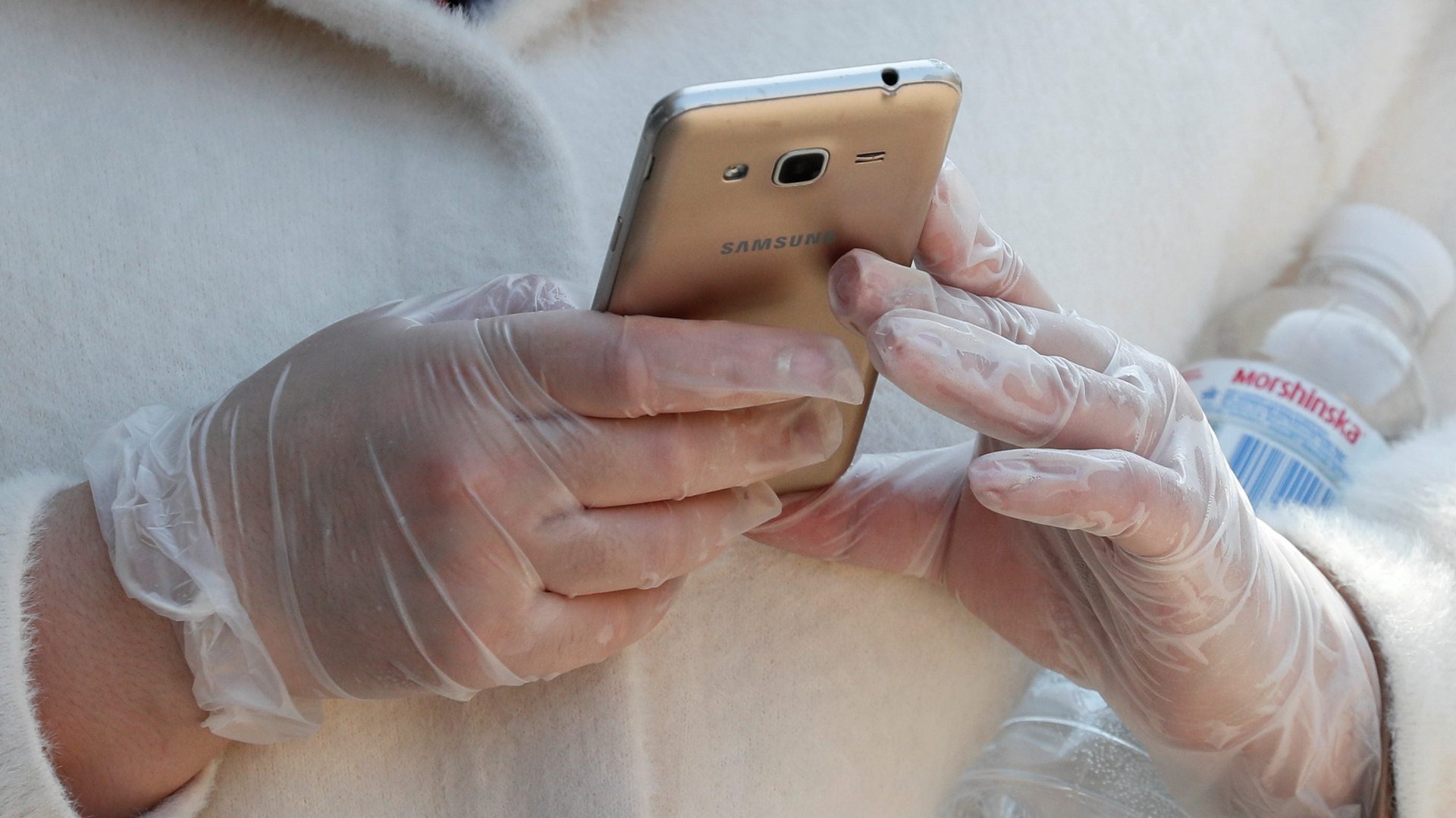How every country is tracking Covid-19 and monitoring its citizens
For governments and researchers seeking ways to control the spread of Covid-19, mobile-phone data is valuable. Tracking the virus and restricting the movement of those infected has been important in reducing cases globally. Using location data from mobile phones can facilitate those initiatives.


For governments and researchers seeking ways to control the spread of Covid-19, mobile-phone data is valuable. Tracking the virus and restricting the movement of those infected has been important in reducing cases globally. Using location data from mobile phones can facilitate those initiatives.
Governments are trying to navigate the right balance between public health goals and residents’ expectations for personal privacy. Not all are doing it well. At least 29 countries are using data from mobile phones to inform their day-to-day efforts to contact possibly exposed people, enforce quarantines, and analyze social patterns.
Jump to a section:
We will update these lists periodically; please send an email to [email protected] you have information about countries that are not included.
Contact tracing for the coronavirus
Tracking the possible spread of a virus from an infected person is called contact tracing. Traditionally, it has been a labor-intensive task that included making scores of phone calls, gathering reams of passenger manifests, talking to numerous restaurant owners, and viewing hours of surveillance footage to compile a list of people potentially exposed to the virus. It has relied on an infected person’s memory to recall where they travelled and who they interacted with.
The process is sped up considerably when an individual shares data from their mobile phone, like GPS logs. A number countries are using a process popularized by Singapore’s TraceTogether app. That system enables nearby phones to trade unique, identifying numbers, in ways that preserve privacy.
Here’s what various countries are doing:
Enforcing a coronavirus quarantine
Isolating a person infected with coronavirus is the most effective way of stopping its spread. However, as governments globally are finding, it can be hard to keep citizens away from their friends, family, and jobs. In many places, local police are issuing fines to enforce quarantines; in others, drones are helping. These are the countries using mobile phone data in their efforts.
Social analysis and self assessment during the coronavirus pandemic
Mobile-phone providers have given some governments access to anonymized, aggregated data to determine whether citizens are obeying orders to stay home. Other governments are relying on symptom assessment apps that require users to grant permissions to location data.
The list of countries taking advantage of mobile technology is already extensive. It’s likely to get longer. Governments continue to ponder developing their own apps. Singapore has even released its code publicly. European researchers created an initiative called Pan-European Privacy Preserving Proximity Tracing to create frameworks for similar data collection. Apple and Google are making their own efforts too.